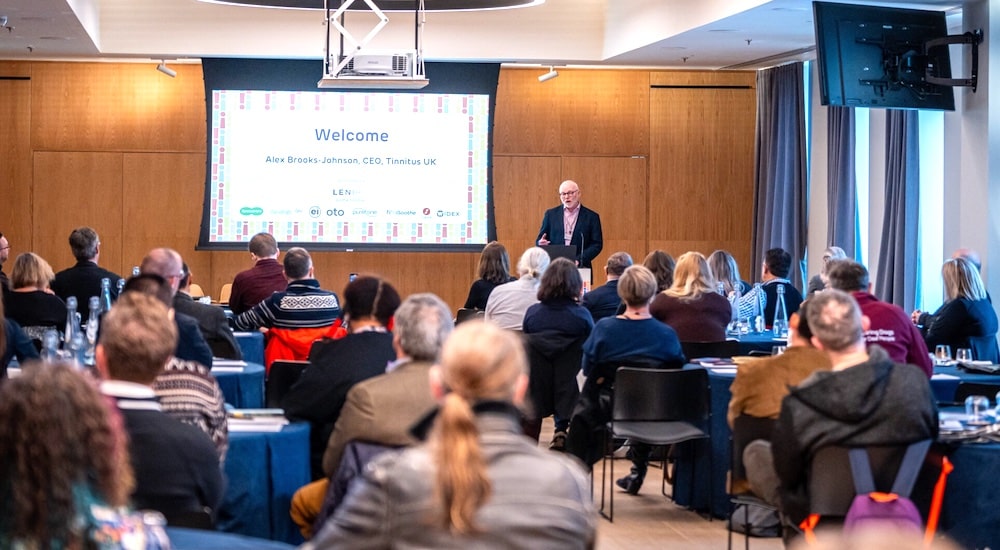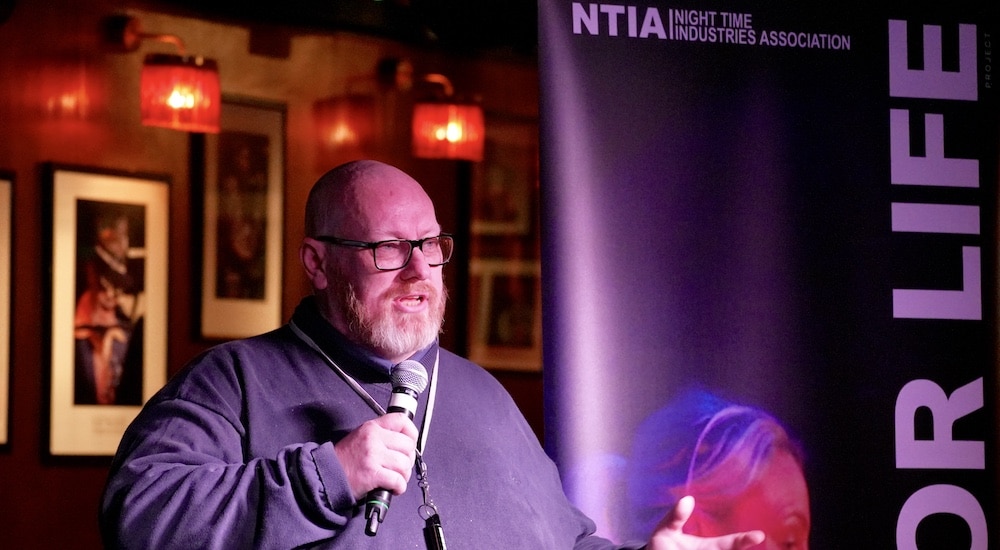Pipedown defends hearing disabled from the sound of muzak
Noise
"Freedom from unwanted music" is a cry many of us might utter silently, rushing out of supermarkets unable to stand another minute of royalty-free Coldplay or Shakira sound-alikes.

But for those with hearing conditions or tinnitus, and for other “invisible disabled” people such as autism and dementia sufferers, piped music in stores can make nightmare experiences from shopping outings.
The latest and loudest salvos in defence of these population groups have come during a tough, long campaign being fought by UK’s Pipedown. This pressure group has been winning some key battles. Its national secretary, Nigel Rodgers, pointed out in The Guardian this week that the hearing impaired “find that non-stop music in public places makes their lives a misery.” In the last two years Pipedown has persuaded not only Gatwick airport to turn off its muzak, but also the UK’s biggest bookshop chain, Waterstones, and the retail giant Marks & Spencer.
“Those with impaired hearing, about 15% of the population, are too often unable to hear others talk,” writes Rodgers in the Guardian, arguing that by “blasting customers and staff alike with inescapable music”, stores may be infringing the UK’s 2010 Equality Act.
Pipedown, whose website carries messages of support from popular UK actors such as Stephen Fry and Joanna Lumley, has also been pushing for legislation to stop piped music being used in hospitals, where bed-ridden patients have no escape.
Despite these recent successes, however, it is taking a very long time to convince shop chains that they should put their customers’ welfare before what they see as a traditional, successful sales tool, ignoring, as Pipedown points out, that many chains who do not use muzak are just as successful.
The influence of Pipedown has also reached the USA and Australia. In December, 2017, the Michigan Daily reported that the UK group was helping two University of Michigan alumni to campaign for muzak-free hours—Quiet Ann Arbor—in shops and bars of the state’s sixth largest city.
These “quiet hours” have now been accepted in the UK by supermarket chains, Morrisons, Alda, and Tesco, although programming an hour now and then means a pretty tight schedule to keep to for “invisible disabled” persons hoping not to have to face the muzak.
It has taken at least 20 years to get to the “quiet hours”. In 1998, the UK’s Royal National Institute for Deaf People carried out research that showed that “86% of hard of hearing people find muzak annoying”, compared to only 34% among the general population.
here .


